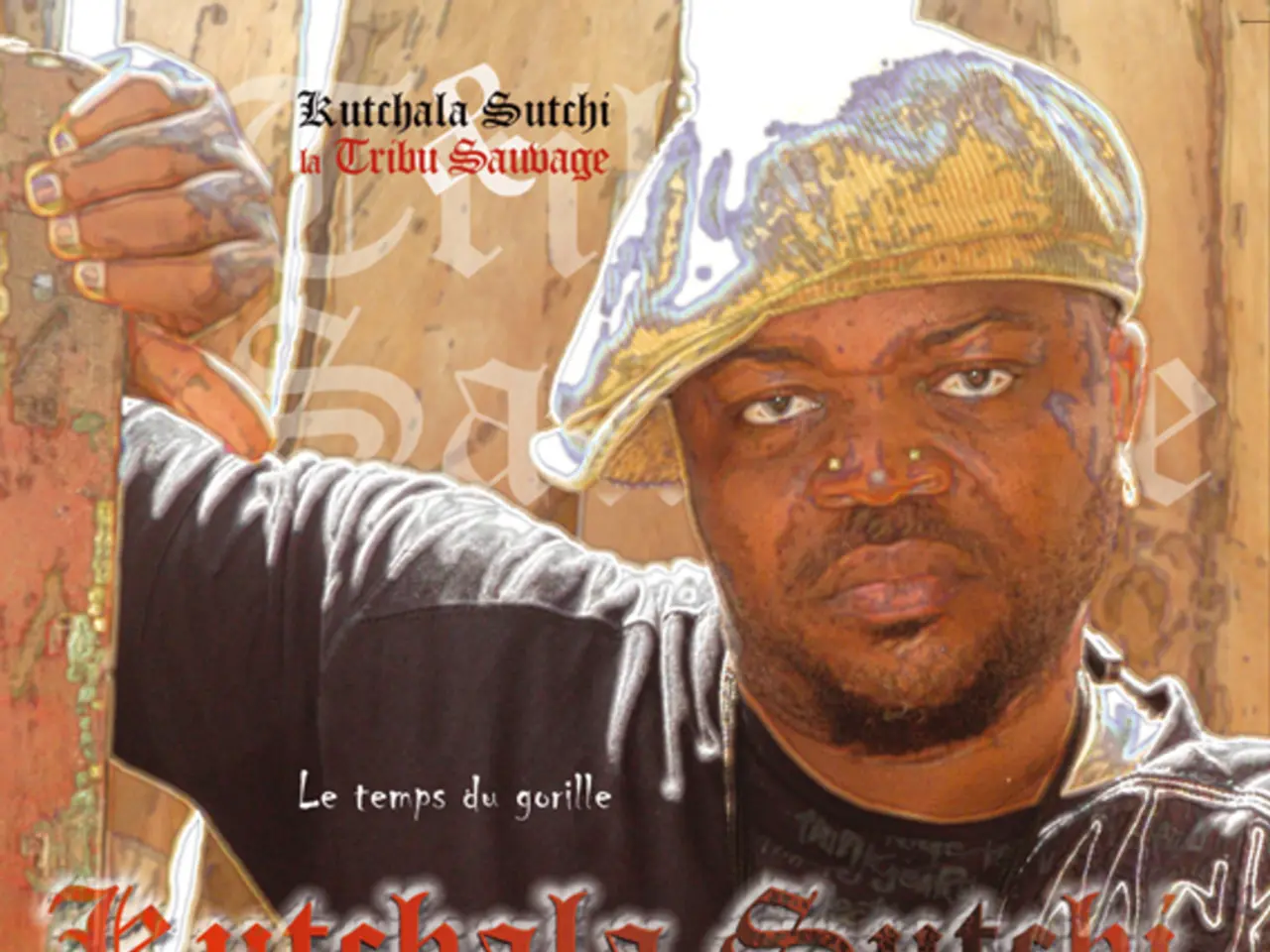Romania's debatable, democratic first president, Ion Iliescu, passes away, leaving unanswered crucial inquiries
Ion Iliescu: A Life in Politics
Ion Iliescu, born on March 3, 1930, in Oltenița, began his political journey with communist sympathies. His father, Alexandru Iliescu, was an early member of the Romanian Communist Party during the interwar period.
At the age of 23, Iliescu joined the Romanian Communist Party (PCR), which was the ruling communist party during his time. He quickly rose through the ranks, gaining recognition for his ideological training and willingness to carry out party tasks.
In 1955, Iliescu became involved at high levels in the Union of Communist Youth (UTC), becoming secretary of the highest youth forum. He contributed to suppressing dissent and preventing events like the 1956 Hungarian Revolution from inspiring opposition in Romania.
After Gheorghe Gheorghiu-Dej's death and Nicolae Ceaușescu's rise to power in 1965, Iliescu's political career advanced further. He held various important positions, including alternate member of the PCR Central Committee (1965–1969), full member (1969–1984), Youth Minister (1967–1971), and secretary of the PCR Central Committee starting in 1971.
However, from 1971 onwards, Iliescu was gradually marginalized by Ceaușescu within the party hierarchy. Despite this, he remained a key figure in the Romanian Workers' Party / Communist Party.
Iliescu's political leadership ended in 2005 after three presidential mandates. After his political career, he accepted an honorary position in the Social Democratic Party (PSD), concluded his opposition senator mandate in 2008, and did not take on any further public roles.
Iliescu became president for a two-year term after the May 1990 elections, following the fall of Ceaușescu. His presidency was marked by controversy, including the June 1990 mineriad, which resulted in four deaths, over 1,300 injuries, and more than 1,200 illegal detentions.
Despite these events, Iliescu signed a bilateral treaty with the Soviets in 1991, but later expressed Romania's willingness to engage with NATO. He visited NATO general headquarters and reaffirmed Romania's wish to work closely with the military alliance in 1993.
In the May 20, 1990, elections, FSN and Iliescu won a landslide victory. However, Iliescu refused to purge the new structures of old communists within the FSN. He did not attend the solemn parliamentary session condemning communism in 2006.
In 2022, Iliescu was indicted in the 1989 Revolution case and the reopened June 1990 mineriad case. He died on August 5, 2025, at the age of 95.
Iliescu's biography from the communist era has remained secret, and his biological mother, Maria, remained unknown until 1993. Despite this, his life and political career have left a lasting impact on Romanian politics.
Iliescu's involvement in the Union of Communist Youth (UTC) at a high level in 1955 was an important step in his political career, as he contributed to suppressing dissent and preventing events like the 1956 Hungarian Revolution from inspiring opposition in Romania. Later in his career, Iliescu's political stances and actions, such as his presidency after the May 1990 elections, have been the subject of general-news discussions, leaving a lasting impact on Romanian politics. Despite the controversies surrounding some of his actions, Iliescu's life and politique (politics) have remained significant in the annals of Romanian general-news.






